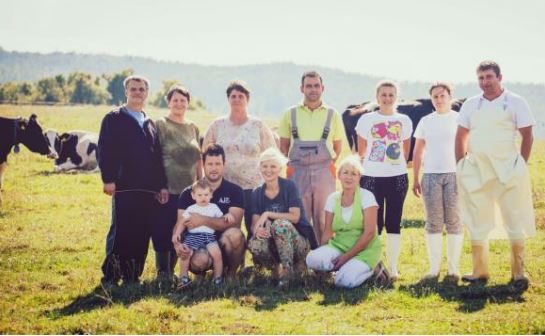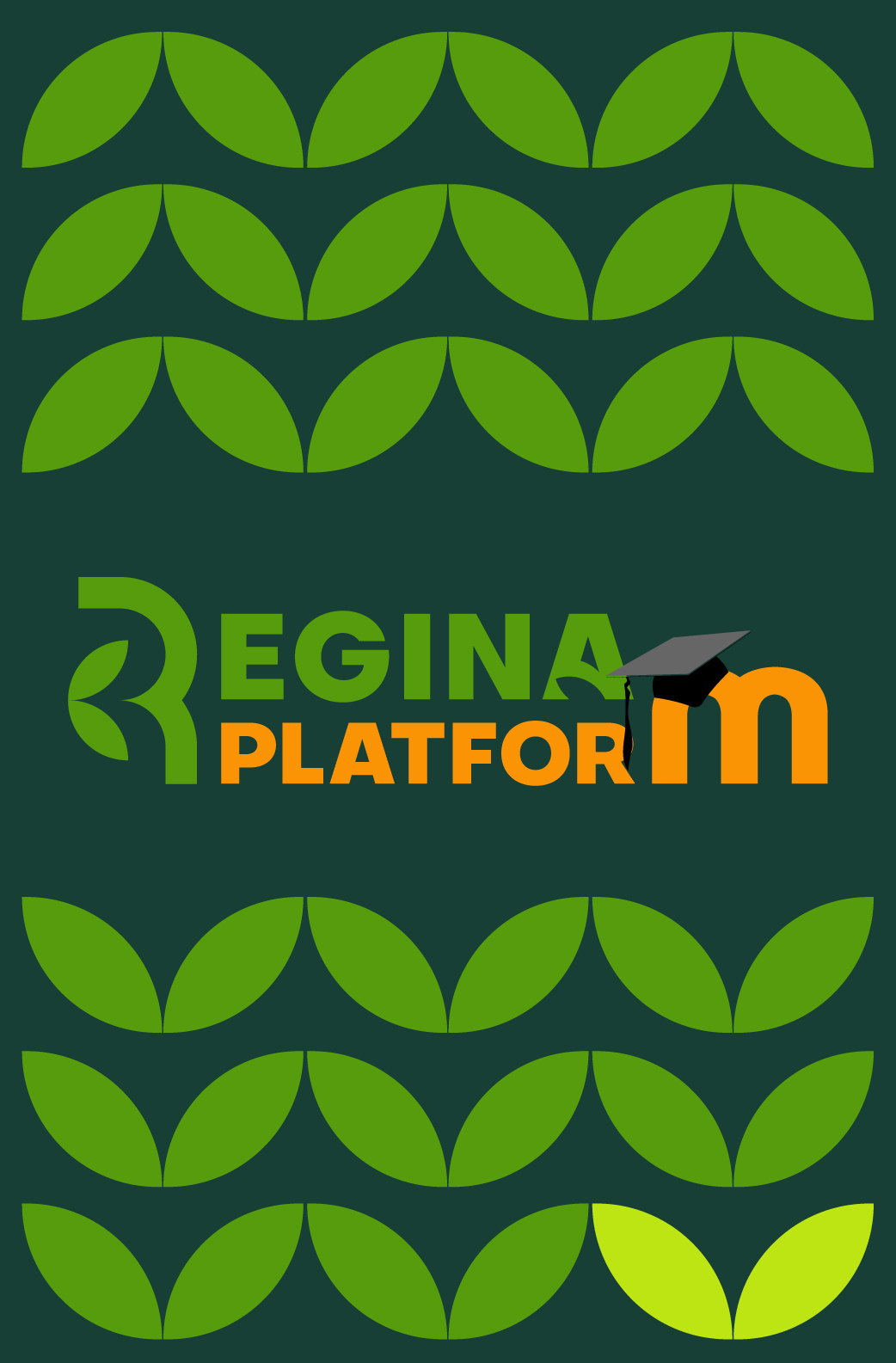Farm Žgajnar: Leading Organic and Regenerative Agriculture
Success Story
Farm Žgajnar, overseen by Tone Žgajnar in Slovenia's Primorsko-Notranjska region, covers 316 hectares dedicated to animal husbandry and cereal cultivation. The farm's focus on organic practices is underscored by its milk, beef, and pork production, predominantly via wheat fields using regenerative techniques.
Embracing regenerative agriculture for over a decade, the farm employs methods such as direct sowing, crop rotation with grass clover mixtures, seeding grasses, and preserving biodiversity through unmown meadow sections. Green fertilization is practiced alongside late mowing for seed production.
Tone Žgajnar, reflecting on the journey, cites the pivotal reasons for adopting regenerative practices: heightened soil fertility, diminished humus leaching, and lower production costs. The transition was propelled by experiential learning from professional excursions, leading to the successful implementation of regenerative techniques.
The positive outcomes of regenerative practices are evident. Over the decade, soil organic matter has increased, contributing to sustainable agricultural practices. Although challenges persist with weed management due to organic principles, the farm remains steadfast in its commitment to regenerative methods.
Despite the absence of financial support for regenerative agriculture, the farm's success and satisfaction serve as motivation for its continued application. Farm Žgajnar stands as a testament to the tangible benefits of regenerative and organic farming, exemplifying the harmonious balance between sustainability and productivity.
LABELS: Slovenia, livestock, dairy, organic
|
GENERAL INFORMATION |
|
Location of farm |
Slovenia |
|
Name of the farmer |
Anton Žgajnar |
|
Size of farm |
316 ha |
|
Permanent staff |
28 |
|
Main products of farm |
Production of milk and beef and pork meat; dairy |
|
CURRENT REGENERATIVE AGRICULTURE PRACTICES ON THE FARM |
|
Farmland cultivated with RA practices |
All |
|
Crops produced with RA practices |
All of them |
|
Duration of using RA practices |
Since 2013 |
Read more information in pdf...

The REGINA project (No. 2021-1-HU01-KA220-HED-000027629) was funded by the European Commission. The content of this website does not necessarily reflect the views of the European Commission.
Call 2021, KA220 – Cooperation Partnerships in Higher Education
The European Commission’s support for the production of the publications does not constitute an endorsement of the contents, which reflect the views only of the authors, and the Commission cannot be held responsible for any use which may be made of the information contained therein.


